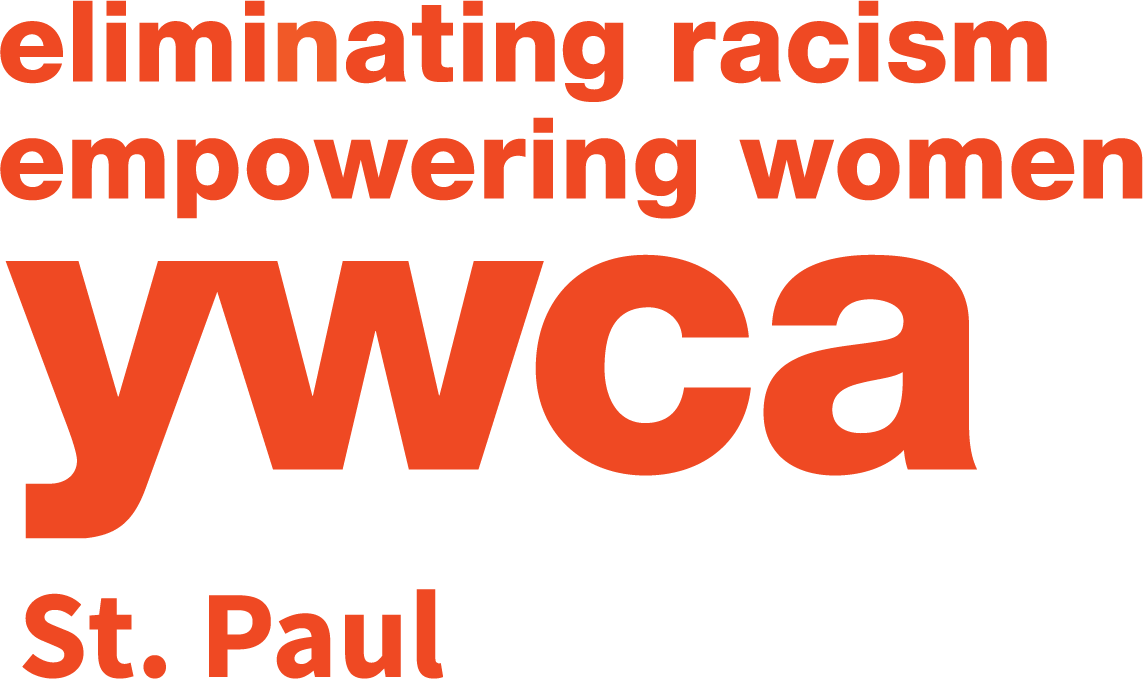YWCA St. Paul was recently selected as a recipient of a $3 million gift from Author and Philanthropist MacKenzie Scott. Scott pledged last year to donate the majority of her wealth in her lifetime and said in a Medium post that she is giving more than $4.2 billion to support people suffering the economic effects of the pandemic.
“We are incredibly grateful for this monumental gift that could not have come at a more critical time as our community, like so many others, is facing unprecedented challenges,” said Gaye Adams Massey, CEO, YWCA St. Paul. “This generous gift will allow us to continue to meet the needs of the growing number of women and families who need us most as we fight racism & gender inequity, homelessness, and barriers to employment and educational opportunity, as well as help people meet their health and wellness goals.”
This one-time gift is the largest private gift in YWCA St. Paul’s history. It will allow the organization to strengthen and grow its capacity to deliver programs in supportive housing, youth empowerment and employment – all areas of significant racial and gender disparity – and its work to empower and equip community members to work for racial justice and equity in the Twin Cities.
For more than 100 years, YWCA St. Paul has been dedicated to eliminating racism and empowering women, providing programs and services that meet critical community needs.
To determine gift recipients, MacKenzie Scott’s team took a data-driven approach to identifying organizations with strong leadership teams and results, with special attention to those operating in communities facing high projected food insecurity, high measures of racial inequity, high local poverty rates, and low access to philanthropic capital. The team selected 384 organizations across all 50 states, Puerto Rico and Washington D.C., with gifts totaling more than $4.1 billion.
In her post Scott said, “These 384 carefully selected teams have dedicated their lives to helping others, working and volunteering and serving real people face-to-face at bedsides and tables, in prisons and courtrooms and classrooms, on streets and hospital wards and hotlines and frontlines of all types and sizes, day after day after day. They help by delivering vital services, and also through the profound encouragement felt each time a person is seen, valued, and trusted by another human being.”
